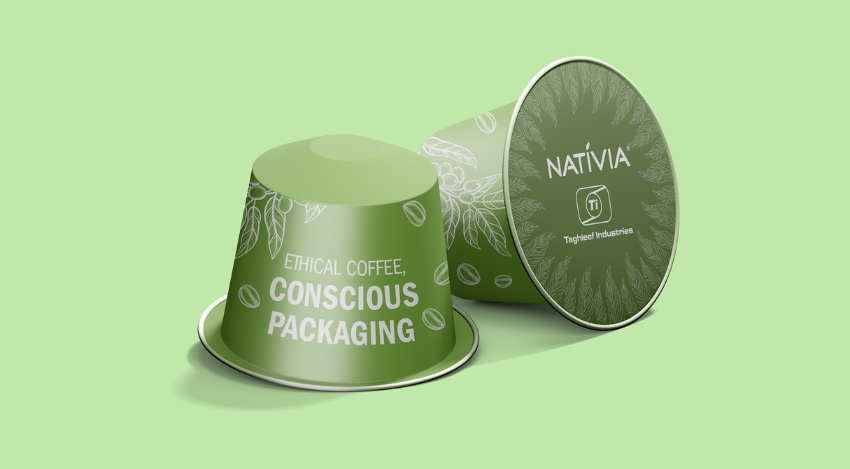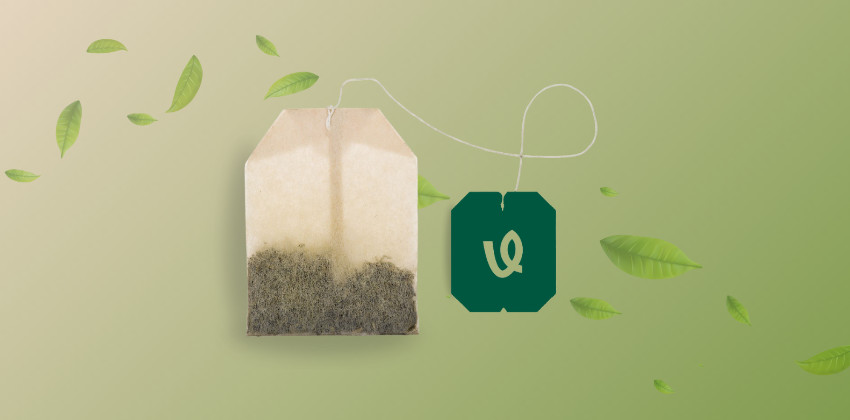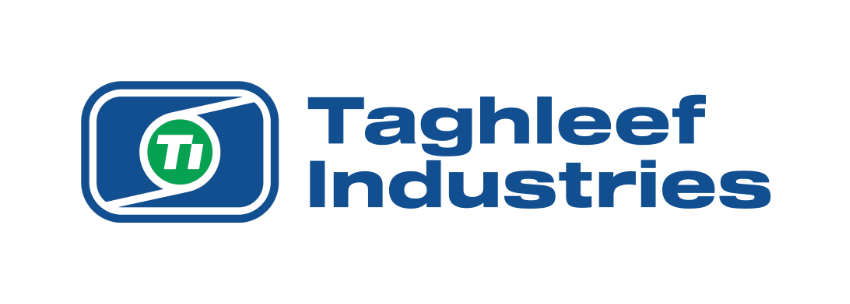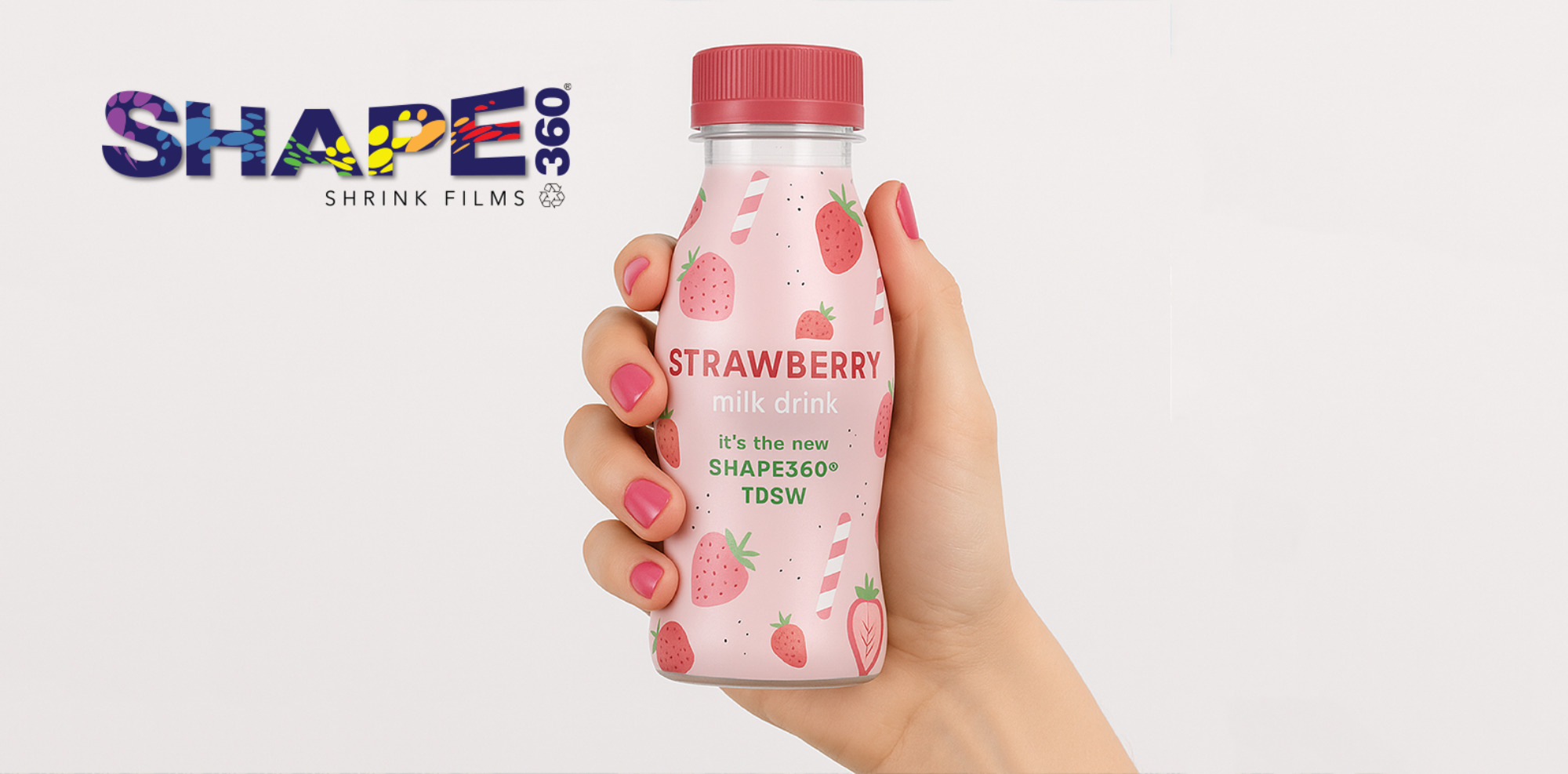Taghleef Industries Group is the leading, customer focused, supplier of film solutions to a global marketplace. With a manufacturing footprint spanning 11 countries across 6 continents, they produce 500,000MT of specialized and multi-purpose films.
The company strives for product performance through continuous R&D and innovation, creating constant added value for customers and stakeholders by delivering the highest levels of quality, performance, and service across a diverse range of products.
Through their corporate holistic approach to sustainability, Dynamic Cycle, Taghleef Industries aims to look beyond the industry and focus on developing breakthrough solutions that positively impact people’s lives today and in the future.
Interview with Pál Norbert Kócs, Area Sales Manager – Responsible for Romania at Taghleef Industries Group.
What are the main areas of activity of the company?
Pál Norbert Kócs: Taghleef operates across a broad spectrum of markets, applying its expertise to deliver innovative film solutions. We serve a wide range of functions, including labels, flexible packaging, graphic arts, and technical applications. Our main areas of activity cover sectors such as food, beverages, personal care, cosmetics, household products, medical, and industrial applications. Thanks to our versatile portfolio and deep industry know-how, we can address the specific needs of these diverse markets and help our customers stand out.
What’s the news about new products/services?
P.N.K: Taghleef constantly pursues innovation in every project, always seeking opportunities to improve its solutions and meet market demands. Our R&D team is a key driver in this process, continuously developing new solutions that take shape across the company — from product lines to customer partnerships and global operations.
A prime example of this innovative spirit is our evolving labels portfolio, which responds to the market’s increasing demand for high-performance films aligned with circular economy principles.
Among the most notable recent developments is the launch of SHAPE360® TDSW, a white, floatable shrink sleeve film specifically designed to support PET bottle-to-bottle recycling. This new addition to our SHAPE360® range enables brands to maintain full visual impact while meeting growing sustainability and compliance targets.
Looking more closely at the product, its key feature is inherent floatability, thanks to its low-density composition. This ensures that during the recycling process, polyolefin label flakes efficiently separate from PET bottle flakes, resulting in cleaner separation and enhancing the integrity of the bottle-to-bottle recycling loop.
What are the ranges of products/services?
P.N.K: We offer a comprehensive film portfolio that includes polypropylene-based films, bio-based alternatives, and solutions made with recycled content. Designed to meet a wide range of needs, our products are used in flexible packaging, labeling, graphic arts, and various technical applications. Our approach goes beyond functionality — we aim to deliver the most effective solutions for each customer, always aligned with emerging market trends and long-term sustainability objectives.
One example of this commitment is our advanced reDESIGN™ service, which helps customers reimagine their packaging by developing more sustainable and innovative alternatives to traditional structures—without compromising key benefits. It’s a dynamic and collaborative process in which we work closely with our customers to create tailored solutions that address specific needs, while ensuring quality and performance remain at the core.

What is the state of the market where you are currently active?
P.N.K: Expectations in packaging are rapidly evolving, and with them, the very definition of performance is being redefined. It’s no longer just about functionality or shelf appeal—today, materials, applications, and supply systems are being evaluated through the lens of sustainability, efficiency, and adaptability. Recyclability, availability of raw materials on a regional scale, compliance with regulations, and the ability to support circularity are now key success factors.
At Taghleef Industries, we are fully prepared to respond to this shift. Our approach is proactive: we develop film solutions that meet current needs while anticipating the demands of tomorrow. Whether it’s through material innovation, process optimization, or collaborative development with our partners, our goal is to deliver packaging solutions that are both high-performing and future-ready. This means offering alternatives that not only meet environmental targets, but also align with market expectations, supply chain realities, and brand strategies.
What can you tell us about market trends?
P.N.K: Sustainability and smart technology are driving new trends, but following them isn’t always straightforward, as they can sometimes conflict. Smart labeling features like QR codes and augmented reality let brands offer consumers value-added content such as usage instructions and eco-friendly tips, enhancing engagement and appeal. Meanwhile, the rise of “label-less” packaging creates a different issue, since labels provide essential information like ingredients, nutritional values, and safety warnings—key for consumers with allergies or dietary needs.
Balancing these trends is challenging. Shelf appeal is important, but transparency and trust, tied to clear communication, remain essential. Flexible packaging must also ensure protection and barrier properties. Although minimalist packaging designs are trending, clear labeling and high-performance packaging are still necessary. Taghleef’s advanced film technologies help brands deliver vital information while meeting sustainability goals and complying with new PPWR regulations emphasizing recyclability and waste reduction.
Building on these trends, interest is rising in packaging options that integrate sustainability with adaptability and customized design. A notable example is “Print on Demand” (POD) stand-up pouches. Thanks to digital printing, these allow vibrant designs and high-quality graphics in short runs, making seasonal packaging, limited editions, or prototypes economically viable while minimizing waste. This approach is especially attractive to SMEs and startups, enabling smaller, targeted production runs that further support sustainability by reducing excess inventory.
Ultimately, the packaging industry faces the complex task of balancing aesthetics, communication, and environmental responsibility. Innovations like smart labeling and POD pouches, combined with sustainable materials and regulations like PPWR, equip brands to meet these challenges and connect with consumers responsibly.

What are the most innovative products/services marketed?
P.N.K: We recently unveiled two brand-new compostable films based on bioplastics: one made from polyhydroxyalkanoate (PHA) and the other from polybutylene succinate adipate (PBSA). Both were introduced to the public for the first time at Ipack-Ima (May 2025) and will become integral parts of the NATIVIA® portfolio — our bio-based and biodegradable film range, already a symbol of our commitment to innovation and sustainability.
These cutting-edge solutions empower us and our customers to reimagine packaging structures and labels with more sustainable alternatives. This initiative responds to market demands and aligns with Circular Economy principles, underscoring our dedication to environmentally conscious packaging solutions.
This innovation represents years of dedicated work and highlights Taghleef’s pioneering spirit in the packaging industry. The NATIVIA® family will grow further, expanding end-of-life possibilities. With PHA and PBSA, we smooth the path to home compostability while maintaining the expertise and know-how Taghleef has gained over decades of commitment to sustainability.
What estimations do you have for the second half of 2025?
P.N.K: In the second half of 2025, we believe the market will keep evolving due to new regulations. Sustainability and recycling will remain top priorities for many companies, especially in sectors such as food, beverages, personal care, and cosmetics, where both performance and environmental impact are important. We expect steady growth in demand for eco-friendly films and innovative packaging solutions.
The new PPWR regulations will further accelerate the demand for films that support a circular economy, and at Taghleef Industries, we are ready to meet these changes. Our focus is on providing customers with flexible, high-performance film solutions that help them achieve both their sustainability and business goals. Companies that can successfully combine quality, innovation, and sustainability will be best positioned to lead in the evolving market.



